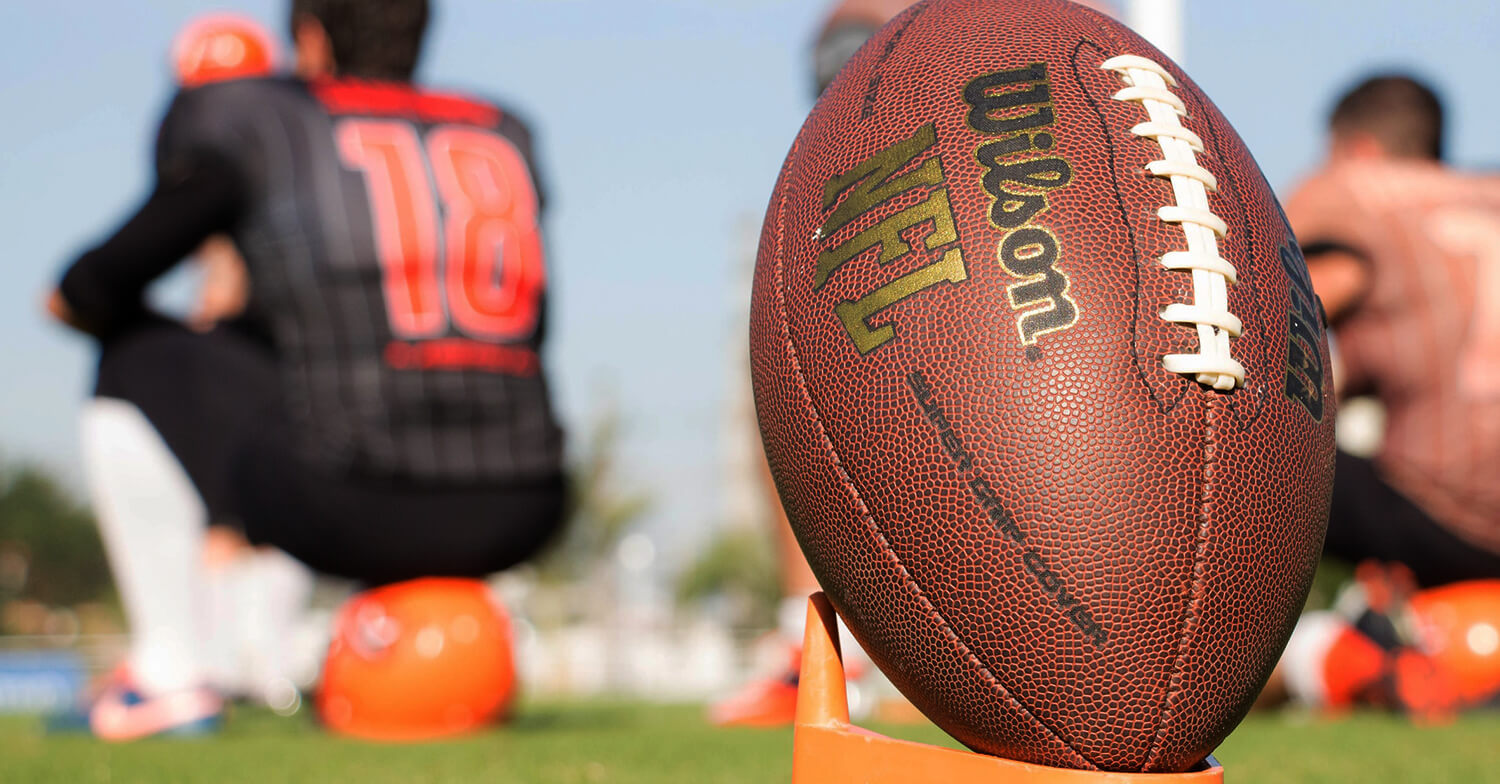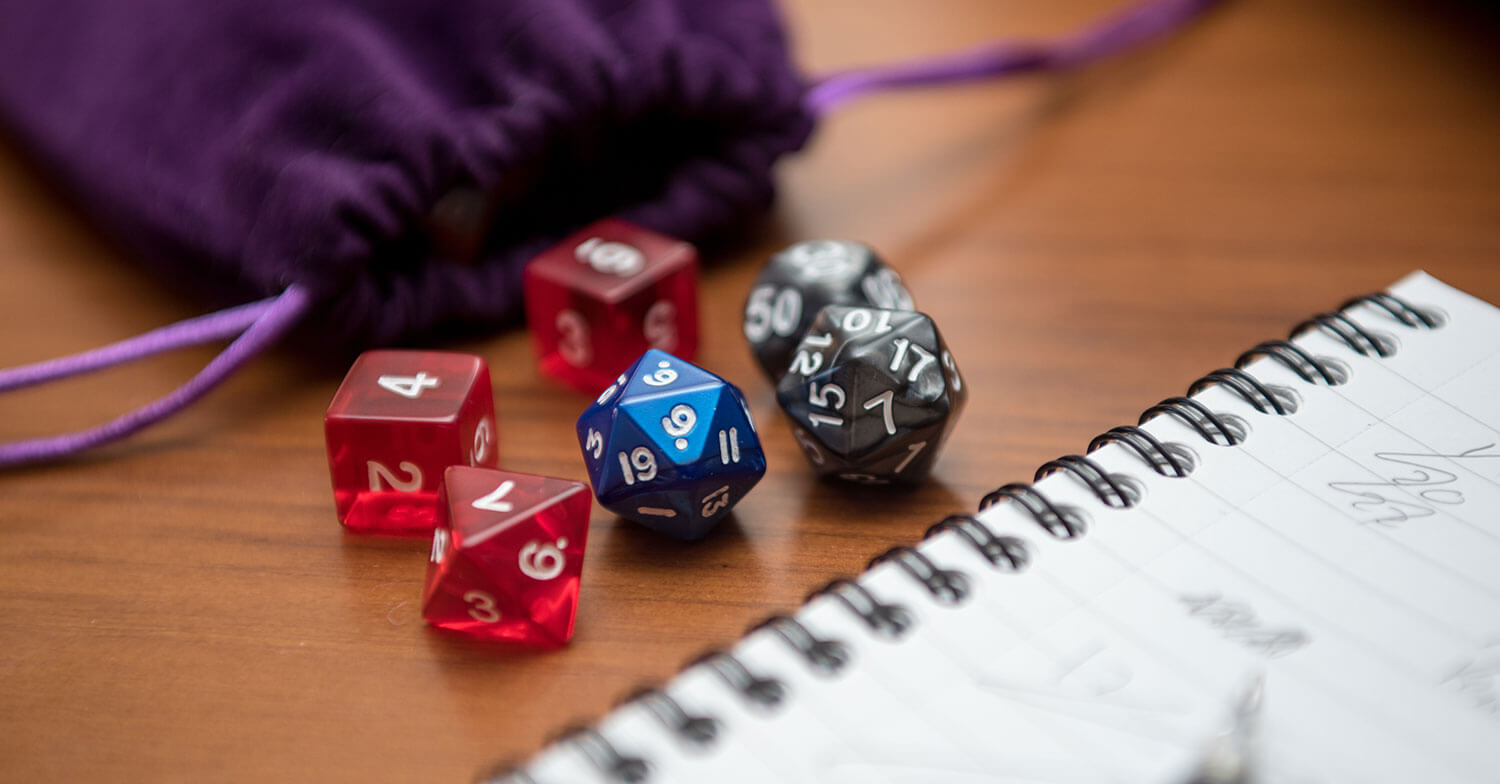Have you ever heard someone say "wagwan" and wondered what it meant? It's a phrase that has, you know, really found its way into conversations far and wide, moving beyond its initial home. This popular expression, often heard as a friendly hello, carries a casual vibe that many people find quite appealing. It’s a simple way to check in with someone, a bit like asking how things are going, actually.
The phrase "wagwan" comes from Jamaican English, a sort of modified version of "what's going on." It's a common, easygoing way to greet someone, and it has spread quite a bit, becoming recognized by many across different places. This term is, very much, a relaxed way to start a chat, showing a friendly approach to talking with others.
While it began in Jamaican Patois, this term has truly become a global phrase, recognized by lots of folks. It's often used as a simple greeting, a way to say "hi" without too much fuss. So, if you've been curious about what "wagwan" means, you're in the right place to get a better sense of it.
Table of Contents
- What's the Real Scoop on Wagwan Meaning?
- Where Did the Wagwan Meaning Originate?
- How Do People Use the Wagwan Meaning Today?
- Is Wagwan Meaning Just for Jamaicans?
- Wagwan Meaning and Cultural Connections
- Why is the Wagwan Meaning Sometimes Debated?
- The Wagwan Meaning in Pop Culture Moments
What's the Real Scoop on Wagwan Meaning?
So, what exactly does "wagwan" mean? It’s an informal greeting, pretty much meaning "what's going on?" or "what's up?" It's like a relaxed way to ask someone how they are doing or what's happening with them. The Oxford English Dictionary, for example, has an entry for this interjection, explaining its definition, how it's used, and providing examples of it in action. It’s, you know, a very straightforward question, just put into a more casual form.
This term is a slang expression, often heard in Multicultural London English, which is a particular way of speaking used by younger people in London. It’s a very common thing to hear there, actually. It serves as a simple and friendly way to acknowledge someone and start a conversation. You might hear it when people are just casually catching up, perhaps with friends they know well. It’s, in a way, a quick check-in, a brief inquiry about someone's current situation.
It’s really about being easygoing. Instead of a formal "how do you do," you get a relaxed "wagwan." It’s a way of speaking that fits well in informal settings, making interactions feel a bit more relaxed and personal. The simplicity of the phrase, too, makes it easy for many people to pick up and use, which probably helps it spread so widely.
Where Did the Wagwan Meaning Originate?
The beginnings of "wagwan" are found in Jamaican Patois, which is a mix of English and Creole languages. It's a changed version of the standard English phrase "what's going on." This connection to Jamaican Patois is, you know, a really important part of its story. It shows how language can shift and change as it travels from one place to another, taking on new forms and sounds.
As a black British-born Londoner with Jamaican roots, some people have grown up hearing "wagwan" as a common greeting. It’s a phrase that’s, in some respects, deeply woven into the fabric of certain communities, passed down through generations. This heritage gives the word a special significance for those who use it, linking them to their cultural background and the way their families speak.
The term is a prime example of how languages blend and adapt. It takes a familiar English question and gives it a distinct sound and feel, making it unique to Jamaican English. This transformation is, apparently, a natural process in language development, where words evolve to fit the speaking styles and cultural nuances of different groups of people.
How Do People Use the Wagwan Meaning Today?
Today, "wagwan" is very much a popular greeting phrase, meaning "what's going on?" It's a super cool slang greeting that, basically, means "what's going on?" It’s like the Jamaican version of "what's up?" or "how's it hanging?" This informal way of saying hello is used in many casual settings, particularly among friends. You might hear someone say, "Yo, whatsup, waddup, wassup, ayo," and "wagwan" fits right in with that kind of relaxed talk, you know.
Jamaicans, or other people from the Caribbean, typically use this term to greet their friends. It's a sign of familiarity and a relaxed atmosphere. The phrase "wagwan my broski, how you been?" is a pretty good example of how it might be used in a conversation. It shows that the speaker and the listener have a friendly connection, making the greeting feel more personal and warm, to be honest.
It's a phrase that, in a way, cuts through formality. Instead of long introductions, it offers a quick and friendly acknowledgment. This makes it a really good choice for casual meet-ups, street greetings, or just when you're passing someone you know. It’s, you know, a very efficient and friendly way to connect, allowing for easy conversation to flow.
Is Wagwan Meaning Just for Jamaicans?
While "wagwan" certainly comes from Jamaican Patois, it has, you know, become a phrase recognized by many people around the world. It’s a popular slang term that has moved past its original Jamaican roots to become a global expression. This means that while it started in one place, its reach has grown considerably, and it’s now heard in many different parts of the world. So, it's not just for Jamaicans anymore, apparently.
The term is also a slang expression used in Multicultural London English, a particular way of speaking used by young Londoners. This shows how language can travel and be adopted by new groups, taking on slightly different nuances as it does. It’s a greeting that, for example, has been embraced by various communities, showing its adaptability and broad appeal. This adoption by diverse groups means its usage isn't limited to one specific heritage.
It's interesting to see how words like "wagwan" spread. They often move through music, social media, and just general conversation, making them familiar to people who might not have any direct connection to their origin. So, while its heart is in Jamaica, its voice is now heard in many places, making it a very shared piece of language, you know.
Wagwan Meaning and Cultural Connections
The connection of "wagwan" to Jamaican culture is very clear. It’s a term that is, you know, deeply rooted in the way people speak in Jamaica, reflecting the unique sounds and rhythms of Jamaican Patois. For many, using "wagwan" is a way to express a piece of their heritage, a nod to their background and the linguistic traditions that come with it. It’s more than just a word; it’s a cultural touchstone, in a way.
The phrase is an amalgamation of English and Creole, meaning "what's going on?" but it can be used in a context of greeting someone. This blending of languages is a hallmark of Creole languages, which often arise from the interaction of different linguistic groups. It’s a testament to the creativity of language, how it can take existing elements and combine them to form something new and distinct, actually.
When people from Jamaican or other Caribbean backgrounds use "wagwan," it often signals a shared understanding, a sense of community. It’s a familiar sound, a way of connecting with others who share similar experiences or cultural ties. This shared usage helps to strengthen bonds and create a sense of belonging, making the greeting feel very personal and meaningful.
Why is the Wagwan Meaning Sometimes Debated?
There can be discussions about whether saying "wagwan" is, you know, cultural appropriation or even racist. Some people might not fully understand the concept of cultural appropriation, which can lead to these sorts of questions. It's a topic that often comes up when elements of one culture are used by people from another, especially without proper understanding or respect. This sort of discussion is, in some respects, quite common in today's world.
For example, some people love the way Jamaicans speak, their culture, and their outlook on life. This appreciation can sometimes lead to adopting phrases without fully grasping the deeper cultural context or the potential implications. It’s a bit like admiring a piece of art but not fully understanding the artist's intent or the history behind it, you know. The line between appreciation and appropriation can sometimes feel a little blurry.
It’s important to remember that language is, actually, a very living thing, always changing and moving. While "wagwan" has spread globally, its origins are specific. Discussions about its use by different groups often revolve around respect for its source and the people who originated it. The conversation usually centers on whether its use is genuine and respectful, or if it's simply a casual adoption without deeper thought, apparently.
The Wagwan Meaning in Pop Culture Moments
The phrase "wagwan" has found its way into pop culture, sometimes in unexpected ways. For instance, in "Wah Gwan Delilah," an artist is using strictly Jamaican Toronto slang after another artist said he hates Toronto slang. This particular instance shows how language can be used for playful jabs or to make a point within the music world, you know. It’s a very specific example of how a phrase like "wagwan" can become part of a larger narrative.
This use of the phrase is seen by some as an artist trolling another artist and the media, as well as non-fans. It highlights how slang terms can be picked up and used in creative, sometimes provocative, ways within popular music. The choice of words here is, in a way, a deliberate act, meant to spark a reaction and engage with ongoing discussions within the music scene. It's a really interesting example of language as a tool.
When something like this happens, it can lead to public discussion. For example, some people don’t understand why there’s so much negativity or why an artist is being called "washed" for using such a phrase. This shows that the meaning and reception of slang can vary greatly among different listeners and audiences. It’s, you know, a very clear illustration of how context and personal perspective shape how we interpret language in public spaces.
Some opinions on such uses can be quite strong, with some finding the creative output to be "utterly garbage" and feeling that the artist should be "ashamed to associate with that." This kind of reaction shows that not everyone appreciates every artistic choice, especially when it involves cultural references or slang. It’s a reminder that while music is generally liked, there's always a minimum expectation of effort and quality that some feel isn't met, apparently.
So, "wagwan" means "what's going on?" in Jamaican English. It's a casual greeting, widely recognized, that came from Jamaican Patois, a blend of English and Creole. It’s also used in Multicultural London English by young Londoners. The term is often used by Jamaicans and other Caribbeans to greet friends, like saying "what's up." It's an informal phrase, sometimes debated in terms of cultural use, and has appeared in pop culture, showing its broad reach.



